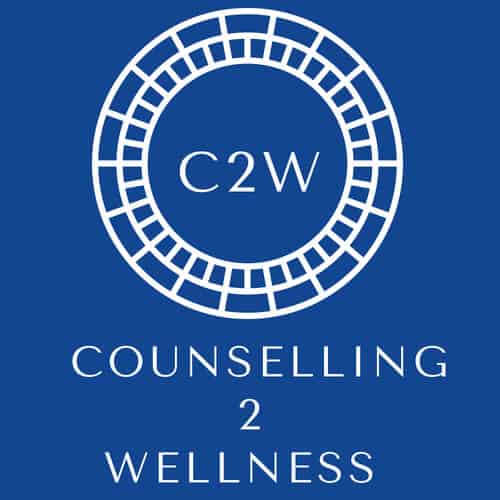Sign of Depression & Treatments – depression counselling |
Signs of Depression
- Feeling low in energy
- Having difficulty with motivation
- Experiencing Sadness
- Feeling guilty and a sense of shame
- Ongoing irritability or anger
- Grief
- Changes in weight
- Changes in sleep pattern
- Difficulty getting out of bed
- Social isolation or lack of interest in previously enjoyed hobbies
Treatment: Mindfulness Based Cognitive Therapy (MBCT)
- This depression therapy method was originally designed to be used for preventing relapse of clients with depression.
- MBCT is defined by its founder, John Kabat-Zinn, as the act of “paying attention in a particular way: on purpose, in the present moment and non-judgmentally.”
- Puts the focus on the current moment rather than past or future events and encourages the use of visual, audio and sensory experiences.
- Encourages awareness of ongoing thoughts and its impact on your actions, such as engaging in avoidance or rumination.
- MBCT is now being used by prominent practitioners for patients with Bipolar Disorder or Generalized Anxiety Disorder to alleviate their depressive and anxiety symptoms.
Treatment: Emotion-Focused Therapy
counselling therapy for depression
- Emotional Awareness Building- This depression counselling therapy includes looking at the relationship between your feelings, needs, wishes and values. Often our emotions prepare us for action in our environments. Our bodies are wired to pick up on emotions, that is why the limbic system responds to basic emotional responses. The Amygdala produces automatic emergency signals to the brain and produces gut reactions. Whereby in the neocortex pathway emotions are mediated by thoughts.
- Maladaptive Emotional Expression and how it relates to dysfunctions. This belief is that by helping you to understand your emotions, you can better manage the maladaptive patterns of behaviour that no longer fit your current situation.
- Emotional Regulation- This counselling therapy for depression would involve looking at fostering an environment that feels safe, calm, validating and empathic. Secondly, with the help of your therapist drawing on strategies to access emotions. This could involve attending to bodily emotions or remembering previous episodes. Third, strategies for containing emotions can be practiced such as: self-soothing, seeking support and understanding from others, using distancing imagery and naming and understanding emotions.
- Narrative Construction and Meaning Making- your experience with the therapist generates new emotions that are the basis for new meaning and understanding.
